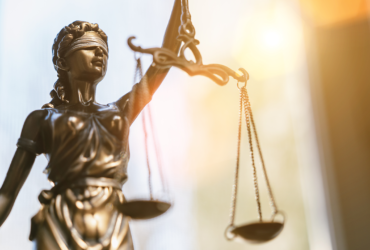A lawyer’s decision to withdraw from representing a client once the action has commenced requires the court’s approval
An attorney can withdraw from the representation of a client during litigation only for good cause and only with court permission.
Not getting paid by the client is not considered good cause. (In some states, an attorney can make a special appearance at arraignment to limit the representation to that hearing.)
Good cause is usually limited to those situations in which the attorney believes that continued representation will cause unavoidable damage to their client’s interests or presents a conflict of interest or another ethical dilemma.
Since an attorney is considered an officer of the court, the attorney is strictly prohibited from knowingly making false statements to the court or by knowingly putting on false testimony at a trial or preliminary hearing.



